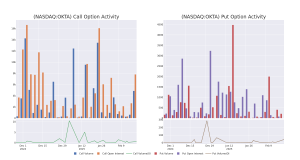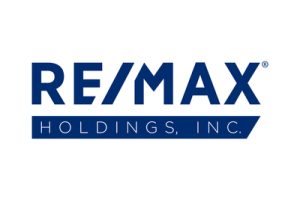The Monday announcement from supply chain software supplier Manhattan Associates was a shocker: Longtime President and CEO Eddie Capell was stepping down – in two days.
That’s the sort of thing that happens when a board of directors reacts to something negative: bad behavior in the office, a health issue or maybe a sharp fall in the company’s stock price that the overseers want to try to arrest by making a change at the top. With Manhattan Associates’ (NASDAQ: MANH) stock having fallen from a 52-week high of $312.60 on Dec. 12 and headed below $200 per share at the start of February, that last reason loomed large.
But there also were suggestions in Manhattan Associates’ prepared statement that the change may not have been made for negative reasons. It said Capell would remain on the Manhattan Associates board and would be executive chairman. That normally doesn’t happen with a CEO who suddenly is forced to walk the plank.
And Wednesday, on a call with analysts that was billed as a webinar, Capell and his successor, Eric Clark, made clear that the move had been a long time in coming, even as Capell conceded the speed at which it happened wasn’t the norm.
Capell, who did most of the talking on the hourlong session, said that as far back as eight to 10 years ago, when he already was CEO, he told the board that “under any circumstances, when it started getting to the point where I felt like that it was going to be time for me to be moving into a different role I would give the board at least a one-year notice period.”
About two and a half years ago, Capell said, “I said to the board, ‘You know what, I think it’s starting to be time for us to think about bringing in a new CEO.’”
The board hired an executive search firm, Capell said, and began a process that he conceded didn’t have much going on in the first year. Part of the reason was that “we were having success already with the company. We wanted to keep the momentum going.”
So the board and Capell agreed to tack on another year, then a few more months, “and then fast forward to here we are,” Capell said.
He said he had “zero health issues.”
But as one analyst noted, the company released its fourth-quarter earnings and had a call with analysts in late January. Why not discuss the succession then?
“The thinking and philosophy was that we wanted to have a candidate in place before we made an announcement,” Capell said. “Eric was still very gainfully employed and had his exit transition process that had to happen as well, and all those things were still being finalized.”



